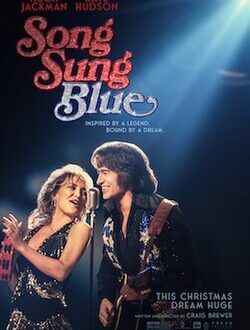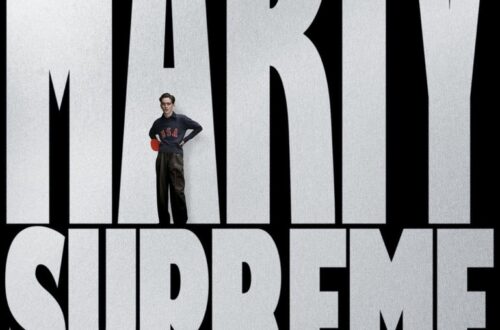The magic may live on, but the movie dream is dead. Director Chris Columbus has poured a bucket of cold water on the fantasy that Harry Potter and the Cursed Child will make the leap from West End stage to Hollywood screen with Daniel Radcliffe, Emma Watson, and Rupert Grint back in their robes. And the reason isn’t scheduling, budgets, or CGI owls—it’s the increasingly toxic shadow of J.K. Rowling’s views.
Rowling, who built an empire on a boy wizard and the notion that love conquers all, has spent the last several years determined to remind the world that compassion does have limits when it comes to her politics. Her well-documented, loudly repeated statements opposing trans rights have created a chasm between her and the very cast who helped bring her work to life. All three of the core stars—Radcliffe, Watson, and Grint—have spoken clearly and repeatedly in favor of trans rights, leaving little doubt where they stand. Their loyalty lies with the people who grew up on the books, not with the author still trying to control the narrative from her castle in Scotland.
Columbus, who directed the first two Potter films and knows exactly how much lightning in a bottle those casting choices turned out to be, isn’t pretending otherwise. He was blunt: don’t hold your breath for a film version of the stage sequel starring the original trio. It isn’t happening. Hollywood loves a reunion, and Warner Bros. would surely drool over the billions such a project might rake in, but you can’t conjure chemistry out of thin air when the people at the heart of it no longer want to be in the same orbit as the franchise’s creator.
The irony is almost Shakespearean. Rowling gave the world Hogwarts, a place where misfits found family and outsiders discovered belonging. Now, she’s positioned herself against one of the most marginalized communities in the real world, turning her public image into a cautionary tale rather than a rallying cry. The cast she once praised for embodying her characters have quietly and firmly sided with the values her books once seemed to celebrate: empathy, inclusion, and fighting against cruelty dressed up as righteousness.
In theory, Harry Potter and the Cursed Child could still hit the big screen someday, perhaps with a younger, hungrier cast or some studio executive convinced the IP is bigger than the baggage. But the cultural lightning that came from those three actors growing up alongside their audience can’t be recreated, no matter how many spells Warner Bros. throws at it. With Columbus confirming what fans already suspected, the fantasy of a big-screen Cursed Child with the original cast has officially joined the ranks of Quidditch as something magical that will never quite work outside the page.
For now, fans will have to content themselves with rewatching the films that defined a generation—or maybe, just maybe, supporting new stories from creators who don’t spend their downtime tweeting about why some people shouldn’t exist. Because while Columbus is reminding us not to hold our breath, Rowling seems determined to keep holding onto views that ensure the magic she created will never feel the same.




